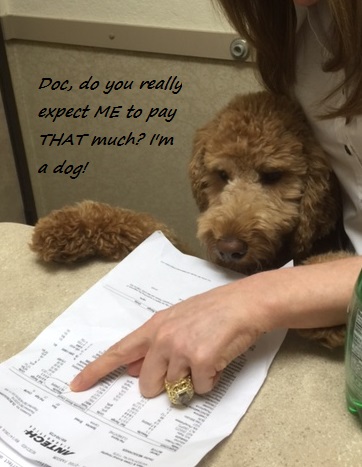Health, Wealth and Personal Responsibility
How much is Obamacare really worth? This is an important question as we approach the incoming Trump Administration. Should he backtrack on his campaign promise to repeal Obamacare on Day One? If Trump merely instructed his HHS Secretary to drop the appeal of House v Burwell most insurers would probably bail out of the market and it would collapse. If Congress uses a Budget Reconciliation process to repeal Obamacare provisions, such as the individual mandate, employer mandate, the Obamacare taxes and the subsidies, the health insurance exchange would probably collapse.





